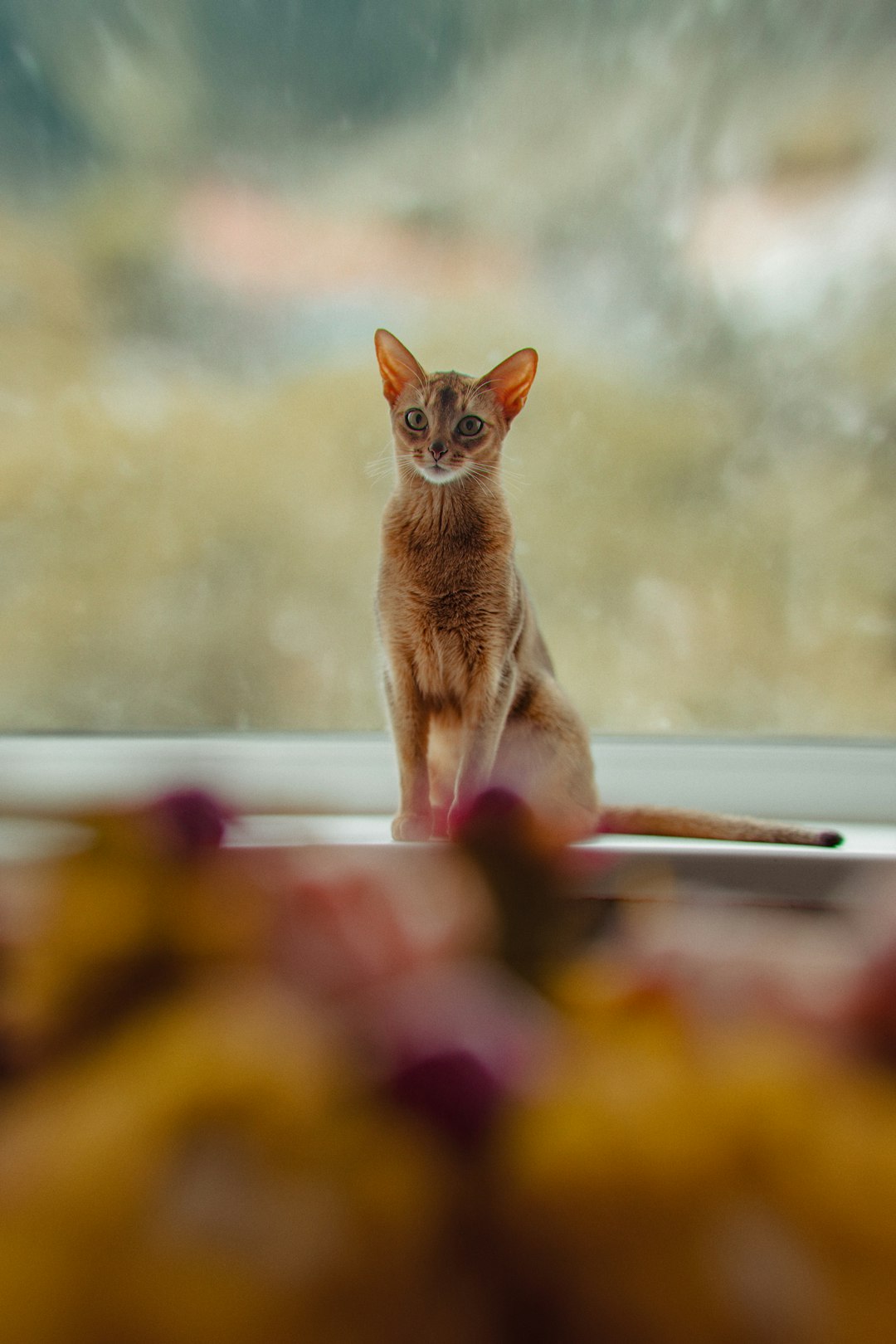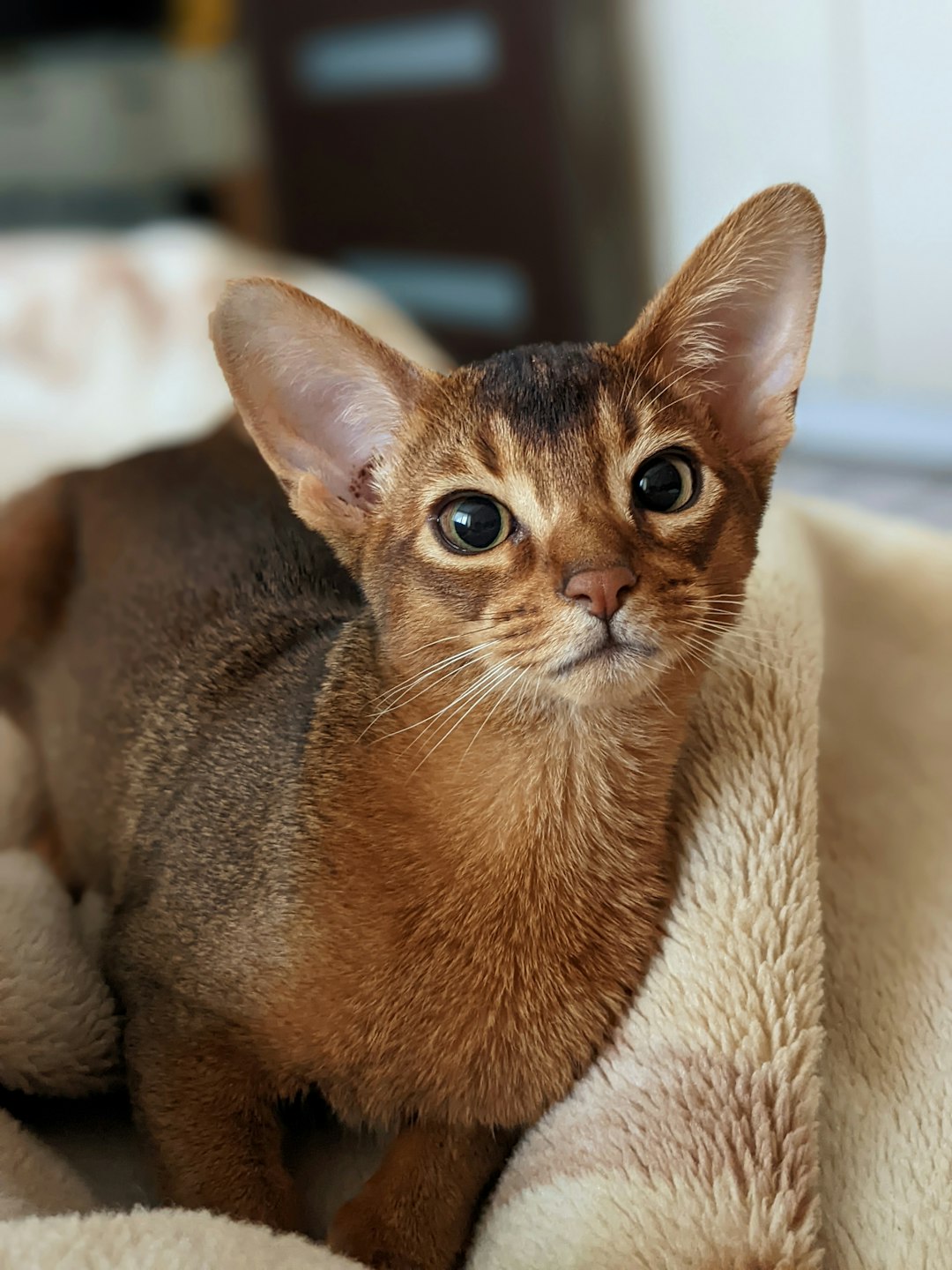If you’re wondering what happens when a fluffy lion and a cuddly teddy bear have a love child, it’s the Orange Maine Coon! These majestic felines are not just a pretty face; they come with a unique personality and some serious grooming needs. So, if you’re thrilled about diving into the delightful world of Orange Maine Coon care, you might want to grab a snack (or a catnip toy) because we’re about to explore their impressive characteristics, health quirks, and how to keep your furry friend as happy as a sunbeam on a lazy afternoon!
Physical Characteristics of the Orange Maine Coon
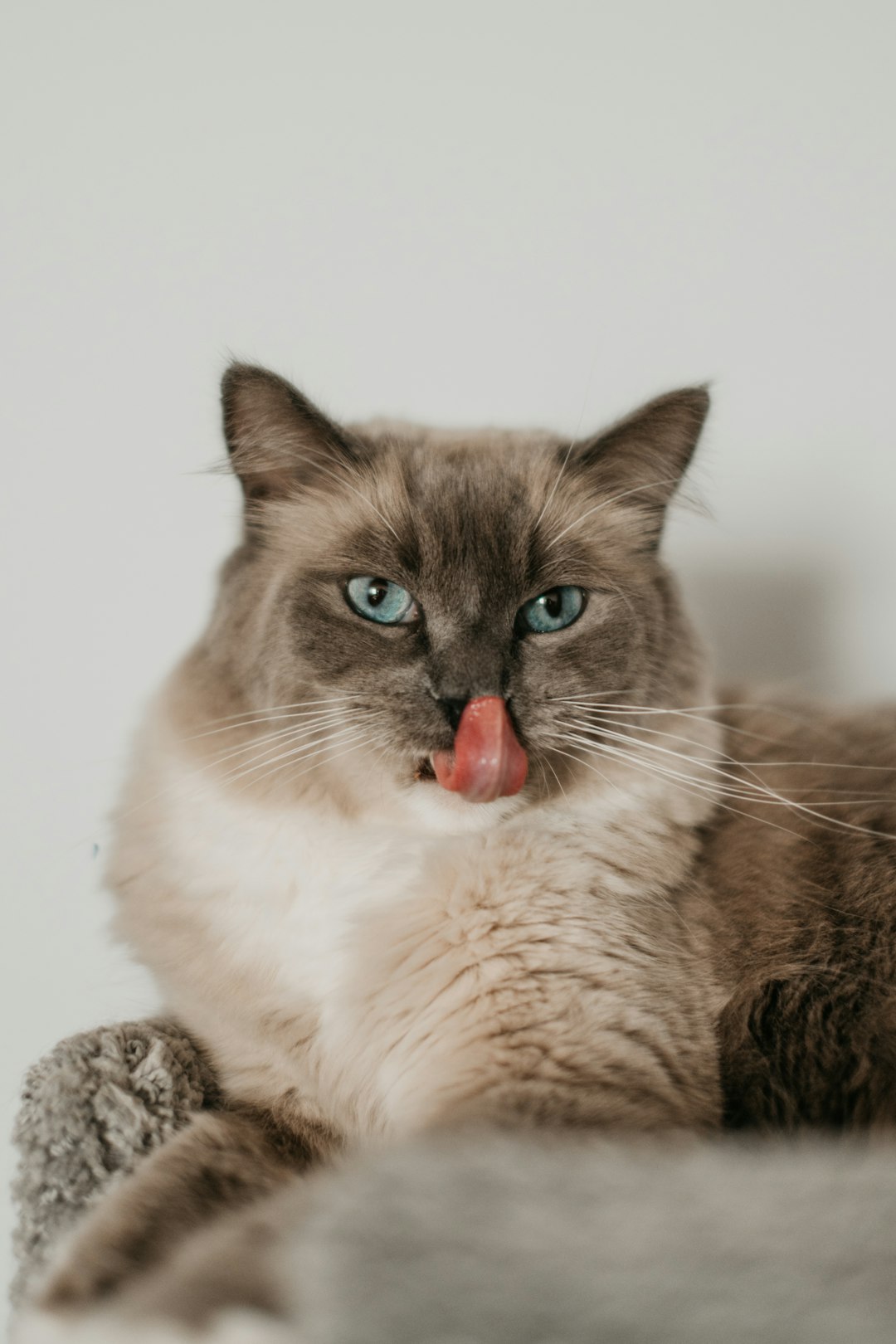
When you think of Orange Maine Coons, picture a fluffy cloud of ginger love with a sprinkle of sass! These majestic felines boast an array of captivating physical traits that make them truly unique. Let’s dive into the delightful features of these orange fluffballs:
- Size: These cats are like the gentle giants of the feline world! They can weigh anywhere from 10 to 25 pounds. That’s right—definitely closer to a small dog than a kitten!
- Fur: With their long, thick fur, Orange Maine Coons are practically walking comforters. Their coats are water-repellent, perfect for a rainy day cat-nap.
- Ears: Fluffy tufts on their ears? Yes, please! These cuties have lynx-like ear tips that add to their wild allure.
- Eyes: You could get lost in their large, expressive eyes, which range from gold to copper. Talk about charm!
Pondering Orange Maine Coon care? Keep their splendid coat well-groomed to ensure it stays as glorious as they are! Now, who wouldn’t want to show off that majestic mane?
Personality Traits of Orange Maine Coons
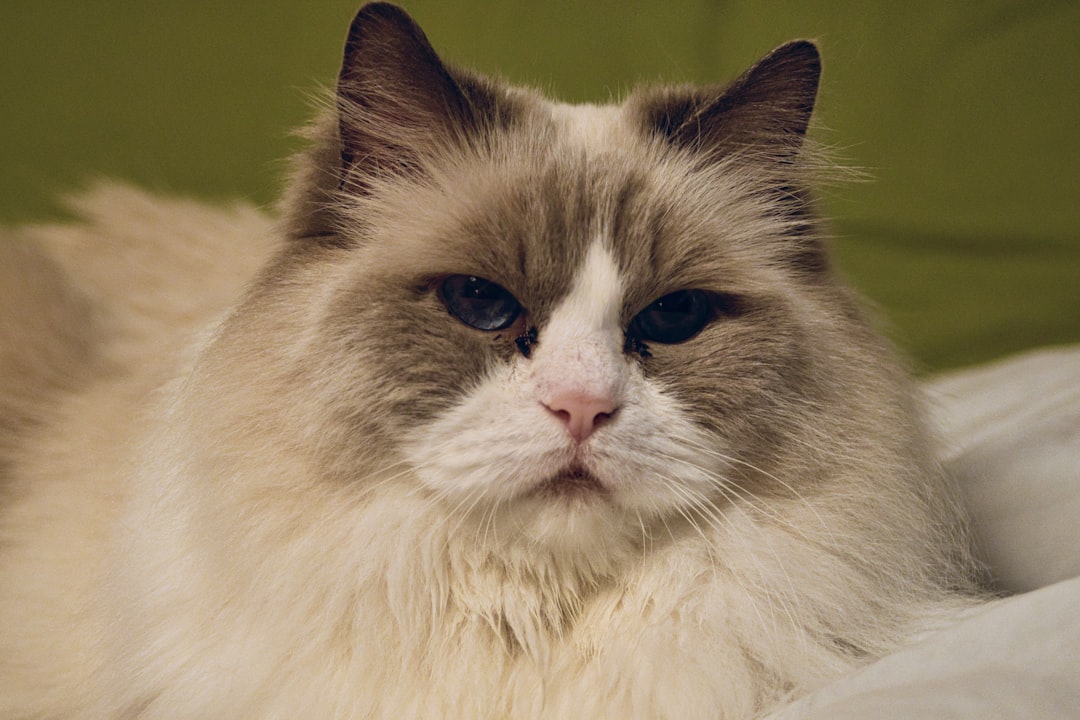
When it comes to the personality of Orange Maine Coons, you can expect a delightful mix of charm and goofiness! These furballs are like the comedians of the cat world. Here’s why you’ll love them:
- Affectionate: They’ll cuddle up next to you like it’s a competition, always striving for the title of “Most Lovable Cat.”
- Playful: Think of a cat with a zest for life—where there’s a string, there’s a chase! Orange Maine Coons thrive on your shenanigans.
- Intelligent: These fancy felines aren’t just beautiful—they’ve got brains too. They can learn tricks faster than you can say “Orange Maine Coon Care”!
- Social Butterflies: They’ll charm your friends and family—none of that aloofness reserved for more “sophisticated” breeds here!
In summary, if you’re looking for a furry companion who can crack a joke while sitting in your lap, an Orange Maine Coon has got you covered! Just remember, an ample dose of love and attention keeps their playful spirits up, which is all part of their unique Orange Maine Coon Care routine!
Common Health Issues in Orange Maine Coons
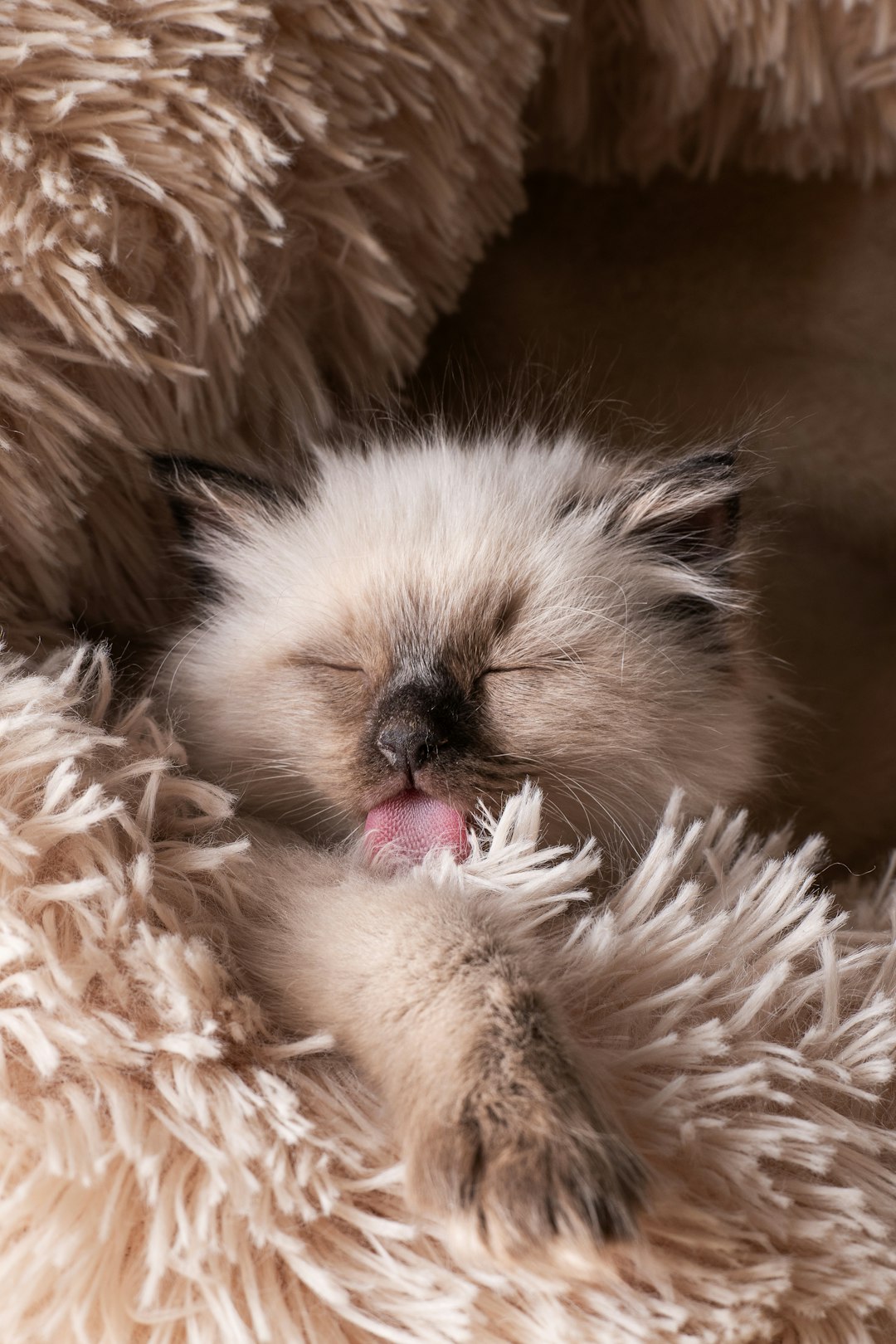
Ah, the majestic Orange Maine Coon! They charm us with their fluffy tails and playful antics, but let’s face it – even these regal felines are not immune to health hiccups. Here’s a rundown of the most common health issues in Orange Maine Coons, so you can impress your friends and stay vigilant:
- Hypertrophic Cardiomyopathy (HCM): This sounds fancy, but it’s just an enlarged heart. Make sure to schedule regular vet visits; nobody wants to win the “Best Cat Parent” award while ignoring a heart condition!
- Hip Dysplasia: No, it isn’t a cool new cat dance move. It’s a hereditary issue where the hip joint doesn’t fit snugly into the hip socket. Yikes! Your Orange Maine Coon might need some special attention if this crops up.
- Obesity: Orange Maine Coons are big, beautiful cats, but you don’t want them rolling around like a fluffy orange ball! Monitor their diet as part of your Orange Maine Coon Care routine.
Remember, early detection is key! So while your furry friend lounges in the sun, ensure they get regular check-ups to stay as fabulous as they are.
Grooming Needs for Orange Maine Coons
Ah, grooming! The time of day when your Orange Maine Coon transforms into a fluffy diva, showing off their luscious fur! But don’t let those big, wide eyes fool you—grooming is a serious affair. Here’s what you need to know about Orange Maine Coon Care when it comes to keeping that majestic coat snazzy:
- Brushing Routine:
- Daily: Ideal for preventing pesky tangles.
- Weekly: The bare minimum if you want to avoid being enveloped in fur during shedding season (spoiler: you will!).
- Bathing:
- Once a Month: Yes, they can get dirty! A gentle shampoo helps maintain that famous orange glow.
- Nail Trimming:
- Bi-weekly: Keep those claws in check, or risk becoming a scratching post. Ouch!
- Ear & Eye Cleaning:
- Weekly Check: A soft cloth can do wonders! After all, even your cat deserves a spa day!
By adhering to these fantastic grooming tips for Orange Maine Coon Care, you ensure your furry friend not only looks fabulous but feels like the royalty they truly are!
Dietary Requirements for Optimal Health
When it comes to Orange Maine Coon Care, the first rule is to remember these fluffy giants have a healthy appetite! Think of them as furry vacuum cleaners that only clean up delicious kibble and savory wet food. So, how do you ensure your regal feline maintains optimal health?
Here’s a quick guide:
- High-Quality Protein: Look for foods with real meat as the first ingredient. They need to channel their inner tiger!
- Fat: Healthy fats help keep their coat shiny. Go for options that include omega-3 and omega-6 fatty acids. It’s like spa day, every day!
- Carbs: A little isn’t bad, but look for whole grains—no one likes crazy carbs (just ask any cat)!
| Food Type | What It Does | Recommended |
|---|---|---|
| High-Quality Protein | Supports muscle growth | Chicken or Fish |
| Omega Fatty Acids | Promotes healthy skin and fur | Fish oil products |
| Fibers | Aids digestion and keeps the furball regular | Sweet potato or peas |
So, as you navigate the delightful journey of Orange Maine Coon Care, remember: a well-fed Maine Coon is a happy Maine Coon!
Creating a Comfortable Living Environment
Ah, the life of an Orange Maine Coon. It’s not just about looking good; it’s about living well! Here’s how to roll out the red carpet for your furry superstar:
- Space, The Final Frontier: These majestic cats require room to roam and showcase their paw-some antics. A big living room or a spacious den? Yes, please!
- Vertical Playgrounds: Invest in cat trees! They provide exercise and a high vantage point for your Maine Coon to survey their kingdom (or your couch).
- Warm and Cozy Corners: Create snuggly spots with soft blankets and pet beds. After all, who can resist the call of a comfy napping nest?
- Toy Heaven: Orange Maine Coons love to play, so stock up on toy mice, feather wands, and, of course, laser pointers. Just remember, you’re not the toy; avoid the role of the human laser pointer!
- Safe Spaces: Ensure there’s a quiet retreat where your cat can hide when they need that introvert time.
A happy Orange Maine Coon leads to easier Orange Maine Coon Care! Provide a comfy living space, and they’ll shower you with snuggles and purrs.
Understanding the Importance of Regular Veterinary Check-ups
Owning an Orange Maine Coon is like having a furry lion in your living room—majestic, cuddly, and a magnet for attention (paws up if you agree!). However, just like any noble creature, they require a little extra TLC to keep them ruling over your household. That’s where regular veterinary check-ups come in!
Imagine your kitty strutting around with a crown; regular vet visits ensure they stay the royalty they are. Here’s why you shouldn’t skip those appointments:
- Early Detection: Catch problems before they turn into paw-lympics! Regular check-ups help identify health issues early.
- Vaccinations: Ensure your Orange Maine Coon stays up-to-date on their shots, so those pesky diseases don’t dare mess with their kingdom.
- Weight Monitoring: Help your furball maintain their majestic build (no one wants a chubby royal).
So, when it comes to Orange Maine Coon care, don’t be that royal subject who forgets to call the doctor. Schedule those visits and keep your furry monarch in tip-top shape! After all, it’s a tough job being this fabulous!
Understanding the Importance of Regular Veterinary Check-ups
When it comes to Orange Maine Coon Care, think of vet visits as blissful spa days for your feline friend. Seriously, who doesn’t need some pampering? Regular check-ups are crucial for keeping your furry buddy in top health and are a purr-fect way to catch any health issues before they start building a feline fortress!
Here’s why your Maine Coon should be in the vet’s good books:
- Preventive Care: Just like us, Maine Coons can develop issues over time. Regular check-ups help spot problems early.
- Vaccinations: Keep that kitty immune to nasty bugs with timely shots. No one wants an uninvited guest at the party, right?
- Dental Health: Dental cleanings are vital! Fresh breath and clean teeth mean more face licks for you!
- Weight Management: Keep tabs on your chunky Coon. Vet visits help establish a healthy weight range.
In summary, regular vet visits provide peace of mind for you and a healthy, happy life for your Orange Maine Coon. So, make that appointment! Your cat will thank you later—probably by ignoring you for a day.
Frequently Asked Questions
What makes the Orange Maine Coon stand out from other cat breeds?
Ah, the Orange Maine Coon! Picture a majestic furry lion roaming your living room. With their striking orange coats and tufted ears, these cats have the charisma of a rockstar and the size of a small dog. They possess a shaggy, weather-resistant coat that not only makes them look regal but also prepares them for a life of chilly dungeon exploring (or, you know, just lounging on the sofa). Add in those big, bushy tails and you have a cat that can easily double as a walking pillow, an instant hit at any human paw-ty!
How can I properly care for my Orange Maine Coon?
Caring for an Orange Maine Coon is like being a cat butler on a grand estate! First, regular grooming is key, as their glorious fur can get tangled quicker than you can say ‘catnip.’ Give them a good brush a few times a week, and they’ll reward you with purrs that sound like a well-tuned engine. Also, don’t forget the high-protein diet to keep their plus-sized bods healthy and their charming personalities intact. They thrive on interactive playtime to keep their hearts happy and their spirits high—so a feather wand will be your new best friend!
Do Orange Maine Coons get along with children and other pets?
Absolutely, if you want a live-action version of cat-wrangling sitcoms! Orange Maine Coons often embrace their affectionate nature, turning into the feline equivalent of a teddy bear for kids. They’re large and gentle, making them the perfect playmates for little ones, as long as the kids understand that the tail is off-limits! When it comes to other pets, they usually take their time to warm up, but once they do, expect an adorable furry friendship. They’re like the quirky neighbor who always brings cookies and generally just wants to be part of the family!
Are Orange Maine Coons prone to any health issues?
Well, even our fluffy giants aren’t invincible, but usually, they’re built like tanks! That said, they can be prone to certain inherited health issues, like hypertrophic cardiomyopathy, which is a fancy way of saying their hearts can get a bit too muscular. Regular vet check-ups can help catch any issues before they become a full-blown drama. Maintaining a healthy diet and keeping them active can also help you dodge the dramatic ‘my cat needs to go on a diet’ episode. Think of it as your Orange Maine Coon’s health insurance plan against those unexpected cliffhangers!


